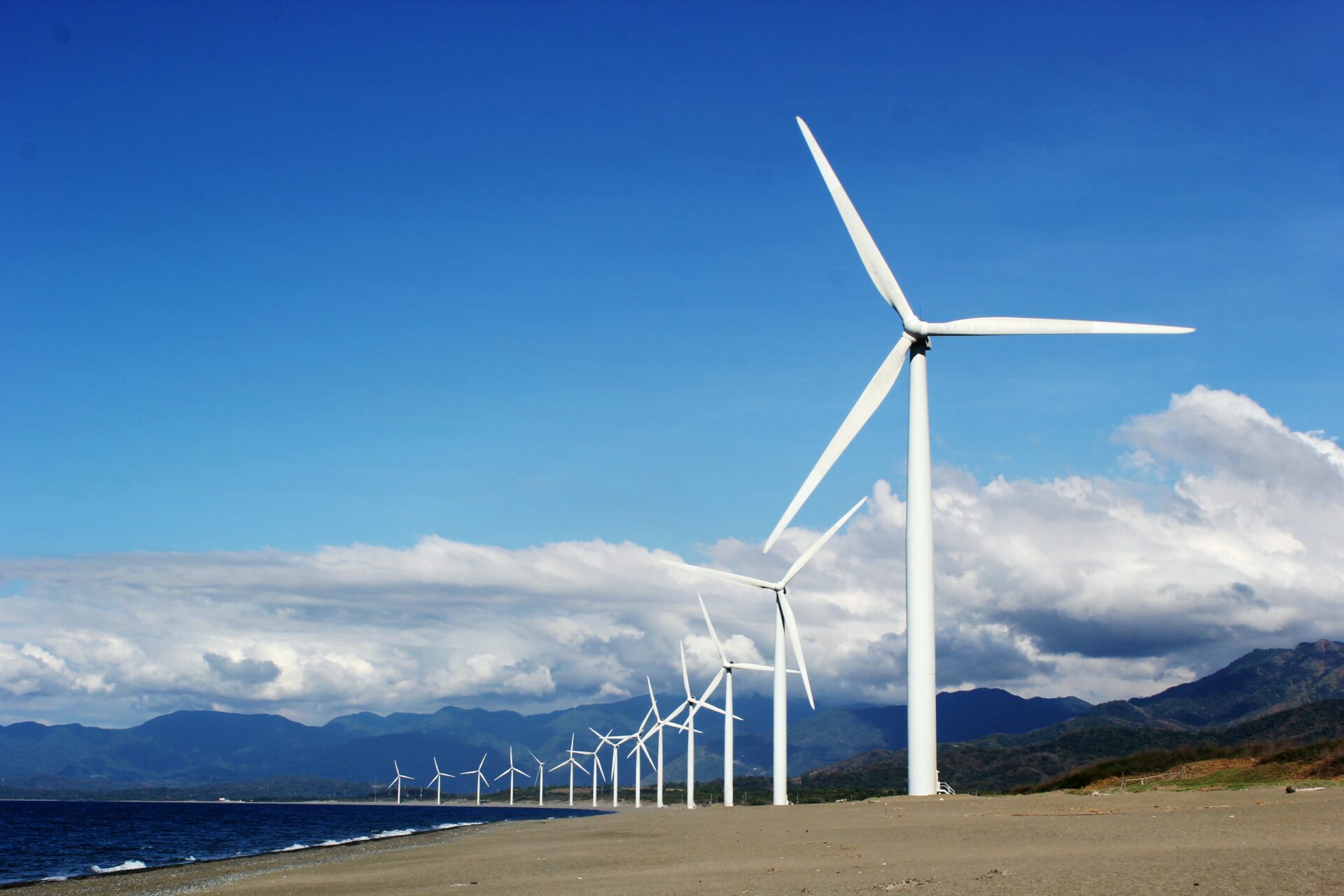The Economics Committee of the Estonian Parliament (Riigikogu) has approved a draft law on the organization of energy management for the complete transition of the country to renewable energy by 2030, the press service of the Parliament said.
The commission sent the bill to the Parliament, which is due to discuss it in the first reading on August 31st.
The explanatory note to the document states that the target share of renewable electricity should be changed so that by 2030 it accounts for at least 100% of total electricity consumption instead of the current 40%.
To achieve this goal, in 2024-2025 it is planned to hold additional auctions for renewable electricity at the lowest offered price in the total volume of at least 1 billion kWh.
In addition, it is possible to introduce a fee for installing wind turbines and speed up the procedure for issuing permits for the construction of wind farms.
Additional funds will also be allocated for the modernization of power grids. In addition, it is planned to find opportunities to simplify the connection to the networks of new production facilities.
According to Commission Chairman Kristen Michal, the Energy Management Organization Act will be amended to mitigate high energy prices and ensure Estonia’s energy independence.
“Energy shortages in our region lead to both cost and safety issues. Producing at least as much electricity from renewable sources as consumption will provide consumers with better prices and keep nature clean,” he said.
Commission member Taavi Aas, in turn, noted that “on paper the goal looks ambitious,” but it is crucial to decide “how the amount of energy, depending on the forces of nature and technological development, can be obtained in reality.”
“If we continue to rely too much on the market to regulate itself and solar power plants to remain dominant when total electricity consumption is reached, then in reality it may not be 100%. This process needs to be managed – first of all, it is necessary to ensure a reasonable balance of wind and solar energy,” says Aas.

